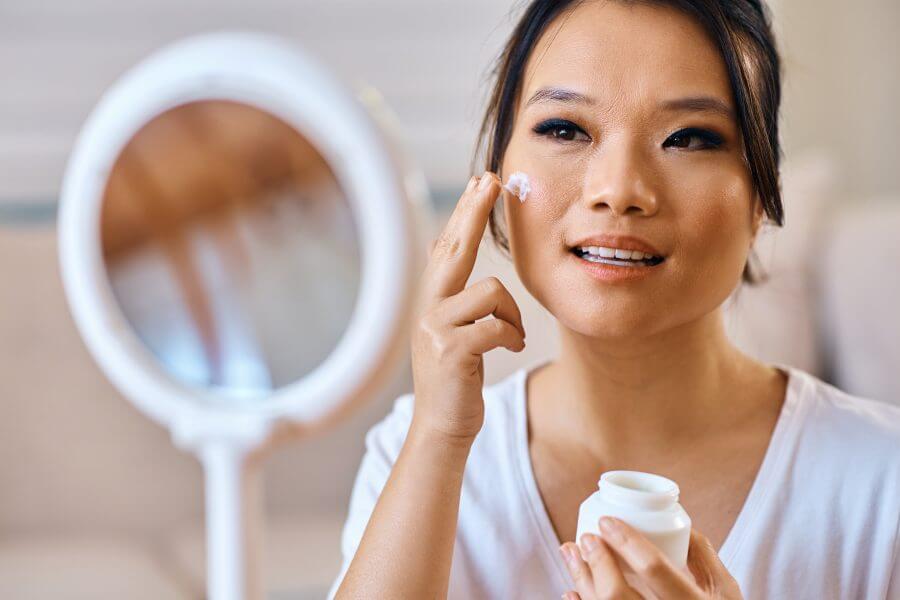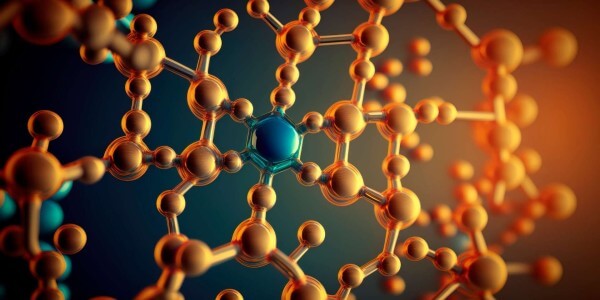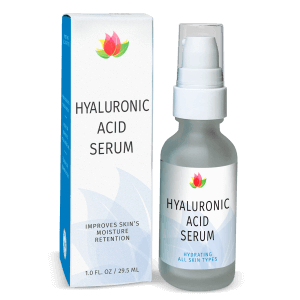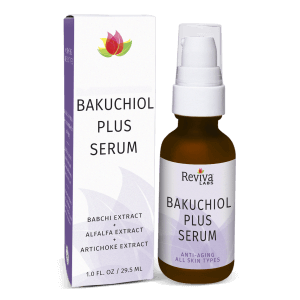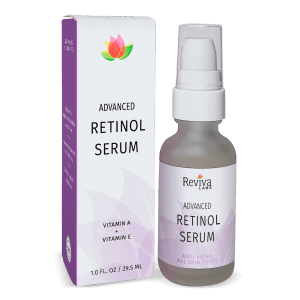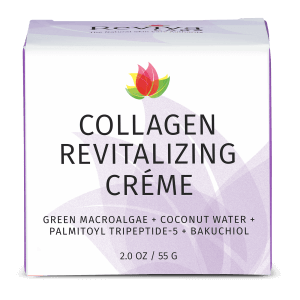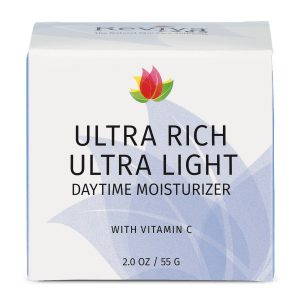Ingredients, Reviva Labs, Skin Care
Anti-Aging Skincare Tips
Aging is a natural part of life, but that doesn’t mean we can’t take steps to maintain healthy, radiant skin as we grow older. By incorporating the right skincare practices, we can address common signs of aging and promote a more youthful appearance. Here are some effective anti-aging skincare tips to help you achieve and maintain beautiful skin.
Prioritize Sun Protection
One of the most critical steps in any anti-aging skincare routine is protecting your skin from the sun. UV rays are a leading cause of premature aging, contributing to wrinkles, fine lines, and age spots. Using a broad-spectrum sunscreen with an SPF of at least 30 daily can help prevent these issues. Remember to apply sunscreen even on cloudy days and during the winter months, as UV rays can penetrate through clouds and windows. Wearing protective clothing, such as hats and sunglasses, and seeking shade during peak sun hours further enhances your defense against sun damage.
Maintain Hydration
Hydration is essential for keeping your skin looking plump and youthful. As we age, our skin tends to become drier, which can accentuate fine lines and wrinkles. Incorporating a good moisturizer into your daily skincare routine can help maintain your skin’s moisture barrier. Look for products containing hyaluronic acid, glycerin, and ceramides, which are known for their hydrating properties. Drinking plenty of water throughout the day also supports overall skin health, keeping it hydrated from the inside out.
Incorporate Antioxidants
Antioxidants play a crucial role in protecting your skin from environmental damage and oxidative stress, which can accelerate the aging process. Ingredients like vitamin C, vitamin E, and green tea extract are powerful antioxidants that help neutralize free radicals, reduce inflammation, and promote collagen production. Using serums and creams that contain these ingredients can improve your skin’s resilience and radiance. Consuming a diet rich in fruits and vegetables further boosts your antioxidant intake, benefiting your skin from within.
Use Retinoids
Retinoids, derivatives of vitamin A, are among the most effective ingredients for anti-aging. They promote cell turnover, stimulate collagen production, and improve skin texture and tone. Incorporating retinoids into your skincare routine can help reduce the appearance of fine lines, wrinkles, and age spots. However, retinoids can be potent and may cause irritation, especially for those with sensitive skin. It is advisable to start with a lower concentration and gradually increase usage as your skin builds tolerance. Always apply retinoids at night and follow up with sunscreen during the day, as they can make your skin more sensitive to UV rays.
Practice Gentle Exfoliation
Exfoliation helps remove dead skin cells, allowing fresh, new skin to surface. This process can enhance your skin’s texture and radiance, making it an essential step in an anti-aging routine. However, it’s important to exfoliate gently, as over-exfoliation can damage the skin’s barrier and lead to irritation. Chemical exfoliants, such as alpha-hydroxy acids (AHAs) and beta-hydroxy acids (BHAs), are often gentler and more effective than physical scrubs. Incorporating these exfoliants once or twice a week can help keep your skin smooth and youthful without causing harm.
Don’t Forget Your Neck and Hands
When it comes to anti-aging skincare, many people focus solely on their face, neglecting the neck and hands. These areas are just as susceptible to signs of aging and deserve attention. Extend your skincare routine to include your neck and hands by applying sunscreen, moisturizer, and anti-aging treatments to these areas. This holistic approach ensures that your skin looks youthful and consistent from head to toe.
Get Enough Sleep
Adequate sleep is vital for overall health, including your skin’s appearance. During sleep, your body repairs and regenerates skin cells, making it a crucial time for skin recovery. Lack of sleep can lead to dark circles, puffiness, and a dull complexion. Aim for seven to nine hours of quality sleep each night to support your skin’s natural rejuvenation process. Creating a bedtime routine that includes winding down and avoiding screens before bed can help improve your sleep quality.
Stay Active
Regular physical activity benefits your skin in multiple ways. Exercise increases blood flow, delivering oxygen and nutrients to your skin cells and promoting a healthy complexion. It also helps reduce stress, which can negatively impact your skin’s appearance. Incorporating activities like walking, jogging, yoga, or any form of exercise you enjoy can contribute to healthier, more youthful skin.
Avoid Smoking and Excessive Alcohol Consumption
Smoking and excessive alcohol consumption can significantly accelerate the aging process. Smoking deprives your skin of oxygen and essential nutrients, leading to a dull and sallow complexion. It also damages collagen and elastin, which are critical for maintaining skin’s firmness and elasticity. Excessive alcohol consumption dehydrates your skin and can cause inflammation and redness. Reducing or eliminating these habits can have a profound positive impact on your skin’s health and appearance.
According to a study published by the National Institutes of Health, regular sunscreen use can reduce the risk of melanoma by 50%. Taking preventative measures today can lead to healthier skin tomorrow.
Consider Professional Treatments
In addition to a solid at-home skincare routine, professional treatments can provide a boost in addressing signs of aging. Treatments like chemical peels, microdermabrasion, and laser therapy can target specific concerns and enhance your skin’s overall appearance. Consulting with a dermatologist or skincare professional can help you determine which treatments are best suited for your skin type and goals. They can provide personalized recommendations and guidance to achieve optimal results.
Embrace a Healthy Diet
What you eat can significantly impact your skin’s health and aging process. A diet rich in fruits, vegetables, lean proteins, and healthy fats provides essential nutrients that support skin health. Foods high in antioxidants, such as berries, nuts, and leafy greens, can help protect your skin from oxidative stress. Omega-3 fatty acids, found in fish and flaxseeds, promote skin elasticity and hydration. Reducing sugar and processed foods can also benefit your skin, as they can contribute to inflammation and breakouts.
Manage Stress
Chronic stress can take a toll on your skin, leading to premature aging and various skin issues. Finding effective ways to manage stress is crucial for maintaining youthful skin. Practices such as meditation, deep breathing exercises, and mindfulness can help reduce stress levels. Engaging in hobbies, spending time with loved ones, and ensuring a work-life balance are also essential for overall well-being and healthy skin.
Regular Skin Check-Ups
Routine visits to a dermatologist are important for maintaining skin health and catching any potential issues early. A dermatologist can provide expert advice, perform skin assessments, and recommend treatments or adjustments to your skincare routine. They can also monitor any changes in your skin, such as moles or growths, ensuring prompt intervention if needed. Regular check-ups are a proactive step in maintaining youthful and healthy skin.
Anti-Aging Skincare
Incorporating these anti-aging skincare tips into your routine can help you achieve and maintain radiant, youthful skin. Remember, consistency is key, and it’s never too late to start taking care of your skin. By protecting your skin from the sun, staying hydrated, using antioxidants, and embracing healthy lifestyle habits, you can enhance your skin’s health and appearance. Prioritize your skincare and enjoy the benefits of a more youthful complexion for years to come.



